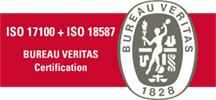M21Global opened a New Office in São Paulo, Brazil
In order to better serve our customers we have expanded our translating offices in other countries, namely in Lyon and Paris, France, Madrid, Spain and now in São Paulo, Brazil. Customers who translate to PT-BR or from PT-BR to other languages shall have an even higher guarantee of an accurate and timely service. We intend […]
99 % of our clients are satisfied with our services!
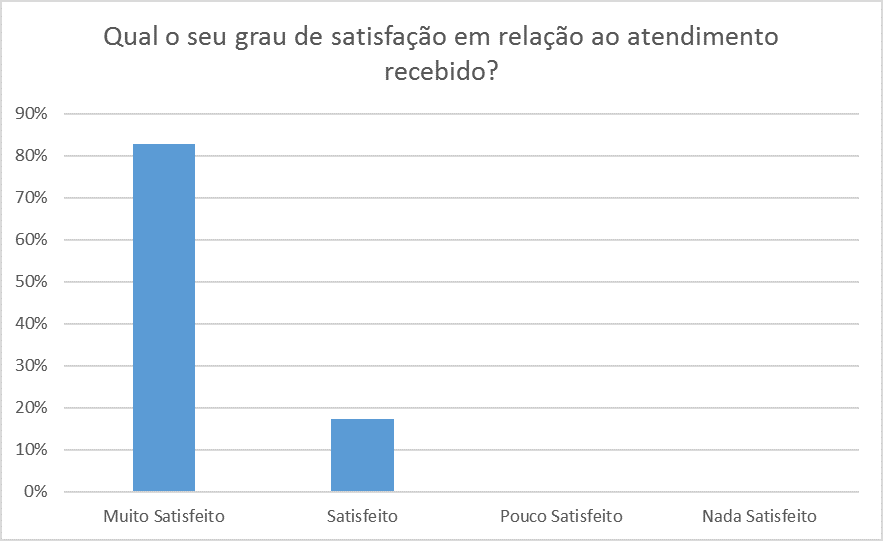
As part of M21 Global’ continuous improvement process, we started sending an automatic satisfaction survey to all our clients. Our e-mail, sent after the requested work had been delivered, had four questions: 1. What is your level of satisfaction with our services in general? 2. How likely are you to recommend our services to a […]
Management and Translation: Do not put off difficult conversations

Constantly putting off dealing with a situation that must be solved, by avoiding or delaying a difficult conversation, can undermine your workplace environment. Unwanted behaviours may perpetuate over time, solidifying attitudes, infecting other co-workers and turning a conversation that could be easy at first into an increasingly more difficult one. Go straight to the point. […]
Translation: What is a legally certified translation?
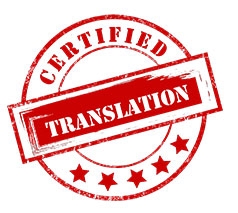
Translators in some countries do not hold the position of “certified translator”. Legally certified translations are signed by a translator, and their signature is certified by a lawyer or notary public. A legally certified translation consists of the following three parts: 1) The document or text in the original language. 2) The text translated in the […]
Don’t waste your time when requesting a translation
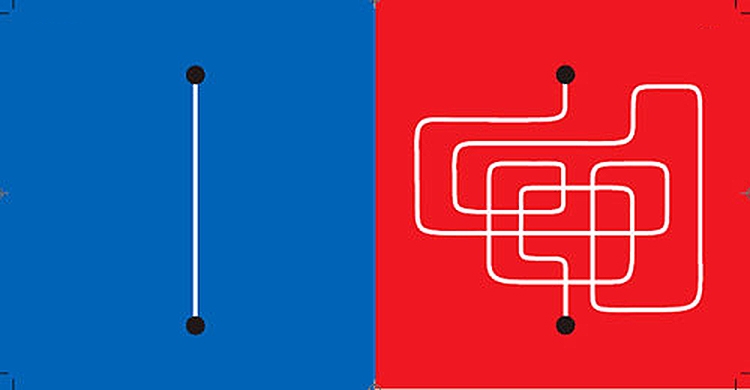
1 – You’re wasting time if you don’t identify yourself – An unidentified request raises questions and implies one more phone call or e-mail to which you must respond, which slows down the whole process. It’s best to identify yourself right from the start, so that we can offer you a budget that fits your needs. […]
9 habits to eliminate from your life so 2017 can still be a successful year

How about letting go of old habits and ending the year on a high note? At the beginning of each new year, most people make a list of things they wish to accomplish. However, few will have been accomplished by the time December comes around. One by one, most resolutions are abandoned throughout the year […]
A wandering mind is an unhappy mind

A study conducted by psychologists at Harvard University showed that people spend 47 % of their waking hours thinking about something other than what they are doing; this wandering of the mind makes them unhappy. “The ability to think about what is not happening is a cognitive achievement that has a high emotional cost” say […]
Companies and Business
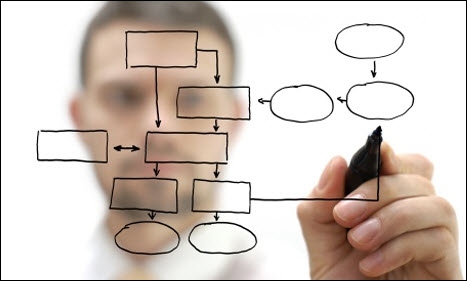
We have the technical and human resources required to create excellent translations with unmatched quality. Under the technical area of Companies and Business, to name a recurring technical area, we have already translated more than 50 million words with emphasis on the economic, tax, legal, financial and administrative areas, in more than 25 languages. In […]
What translation service best fits your goals?
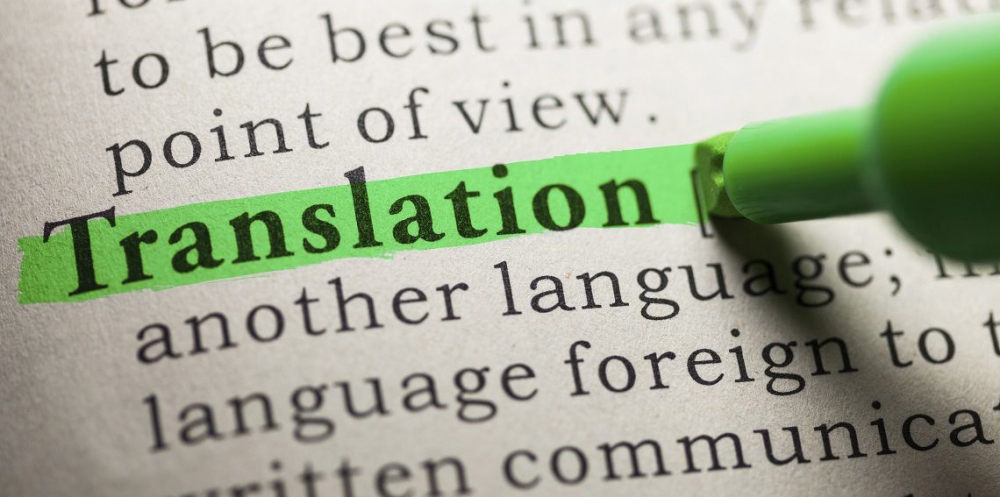
In order to achieve a specific goal, a company or a private individual may need a translation. We are living in a global village, where our client, supplier, partner, or any contact really, may speak a foreign language. There are numerous and different purposes for a translation. Without listing all of them, here as some examples […]
What Is The New Iso 17100 Translation Standard
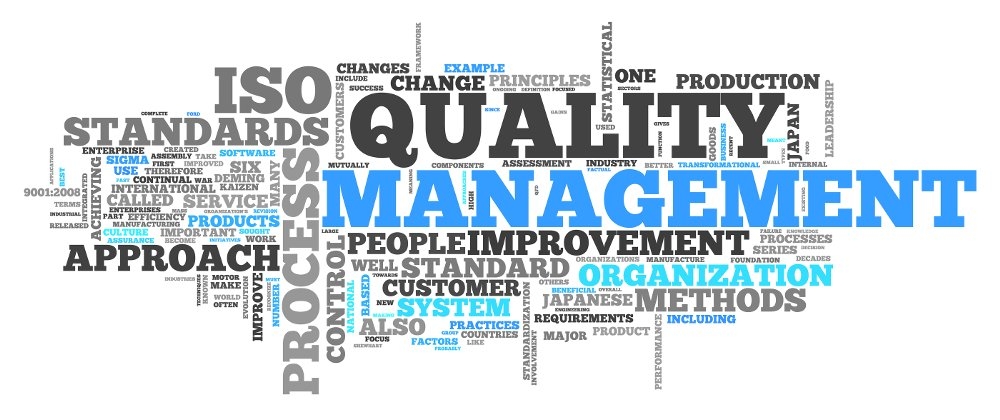
This standard, which replaces the European standard EN15038, was published on 1 May 2015 and specifies the new requirements for translation services: ISO 17100: 2015. The fact that the European standard is the basis of the new international standard is an indicator of the validity of the EN 15038, also being a sign that it […]

